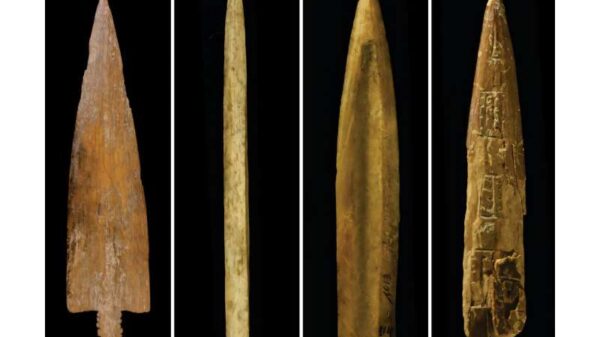A New Zealand soldier has been convicted of attempted espionage, marking a significant moment in the country’s legal history. The conviction, announced in a military court on Monday, is the first of its kind in New Zealand. The soldier, whose identity remains confidential, attempted to pass classified military information to a foreign power.
The soldier’s actions occurred in 2019, during which he believed he was in contact with a foreign agent. He sought to share sensitive documents, including military base telephone directories, maps, assessments of security vulnerabilities, and personal login details for a military network. Military court documents indicated that his actions were “likely to prejudice the security or defense of New Zealand.”
In a twist, the individual was not communicating with a genuine foreign agent but rather an undercover police officer. This officer was gathering intelligence on suspected right-wing extremist groups following the tragic terrorist attack on two mosques in Christchurch on March 15, 2019, which resulted in the deaths of 51 people. Investigators became aware of the soldier after he expressed a desire to defect.
The operation that led to his arrest was initiated due to concerns surrounding domestic terrorism following the Christchurch attack. During the investigation, law enforcement officials spoke to the soldier about his involvement with certain groups. A search of his hard drive revealed he had downloaded the livestreamed video of the attack by Australian white supremacist Brenton Tarrant and a manifesto published by Tarrant prior to the shooting. Possession of such material without permission is a criminal offense in New Zealand.
The soldier’s lawyer, Steve Winter, stated in court that his client viewed the nationalist groups he associated with as “no more than groups of friends with similar points of view.” Winter emphasized that his client did not support the ideology of the Christchurch shooter. Alongside the espionage charge, the soldier pleaded guilty to accessing a military computer system for dishonest purposes.
Originally facing 17 charges, the soldier’s case was amended to three counts, each carrying a maximum prison term of either seven or ten years in New Zealand. The military panel is expected to deliver the sentence within days following the conviction.
This case represents a rare instance of espionage proceedings reaching New Zealand’s military courts. The last similar case occurred in 1975, when a public servant was acquitted of charges related to passing information to Russian agents.
A spokesperson for the New Zealand Army stated that they would refrain from commenting further until the legal proceedings are complete. The outcome of this case highlights ongoing concerns regarding national security and the potential for extremist ideologies within military ranks.








































































